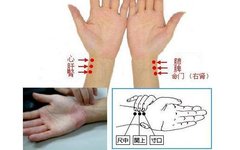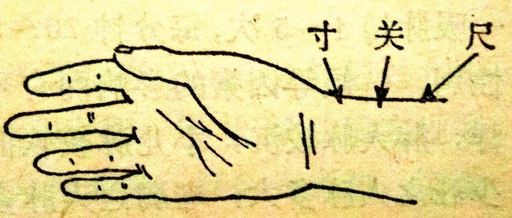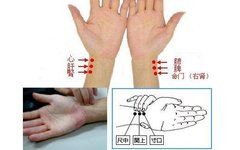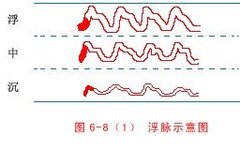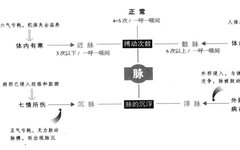Illustrated Guide to 28 Dynamic Pulse Diagnoses in Traditional Chinese Medicine
The cun, guan, and chi of the left hand correspond to the heart, liver, and kidneys of the human body; the cun, guan, and chi of the right hand correspond to the lungs, spleen, and mingmen (Gate of Life). Floating Pulse (Fu Mai)【Body Image Song】Floating on the skin, like wood floating on water; it is … Read more

